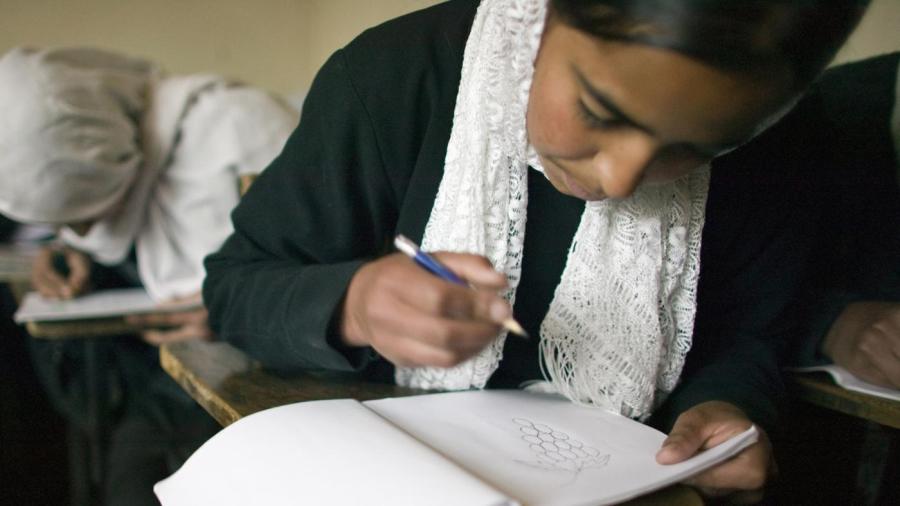Why Is Poetry Important in Afghanistan?

Poetry has its roots deep in Afghanistan history, starting in the court of the first Persian king who ordered Arabic poetry to be translated into Farsi for him. It binds together the many varying ethnic groups of Afghanistan. In addition to serving as a mass reservoir of cultural knowledge and history, oral literature operates simultaneously as a medium of communication and as a form of entertainment.
Infants are soothed by spontaneous poetry recited by their mothers. Afghan children are introduced to their country’s poetry from the moment they begin their education, studying “Divane Hafiz of Shiraz,” a book of knowledge. Later, Hafiz is replaced by other poets with an entire season devoted to the study of Shahname, an epic poem written a century ago that preserves Persian language and culture. This poem has been compared to Homer’s “Odyssey.”
Poetry is an important rhetorical tool that is used by politicians, mullahs and warlords. And because Afghan and Iranian intellectuals share a literary heritage, poetry has become a dialogue between the refugees and their hosts. It is integral not only for the preservation of their culture but also because it is one of the few methods of social mobility and public expression available to Afghan refugees.





